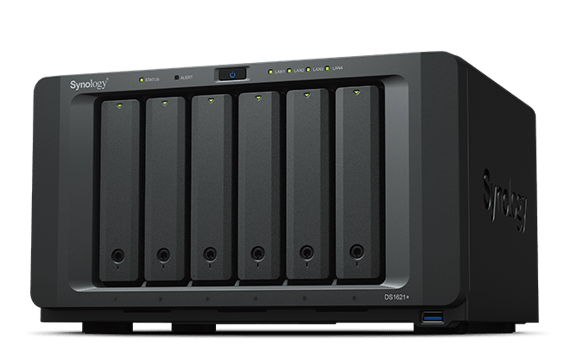Gunner solutions llc
On-Premise Storage Solutions
On-Premise Storage refers to the practice of storing data within a physical location that is owned, operated, and maintained by the organization itself, as opposed to storing data in the cloud or using a third-party data center. Here are some benefits of on-premise storage:
Data Control: Organizations have full control over their data, including where it is stored, how it is accessed, and who has permissions to access it.
Performance: Direct access to on-premise storage typically results in faster data transfer speeds and lower latency compared to cloud storage solutions. This is especially beneficial for applications that require high-performance data access.
Cost Management: While initial setup costs can be higher due to the need for hardware and infrastructure, long-term costs are more predictable.
Network Attached Storage (NAS) is a type of dedicated file storage device that operates as a server on a local area network (LAN), providing centralized data storage that can be accessed and shared by multiple users and client devices. Here are the benefits of using NAS:
Scalability: NAS systems can typically be expanded by adding additional hard drives or storage arrays to accommodate growing data storage needs.
Data Protection: NAS devices often include features such as RAID (Redundant Array of Independent Disks) which provides data redundancy and fault tolerance. This helps protect against data loss in the event of disk failure.
Remote Access: Many NAS devices support remote access capabilities, allowing authorized users to securely access files and data stored on the NAS from outside the local network. This is particularly useful for remote work scenarios.
Backup and Recovery: NAS devices can be used for automated backups of critical data, providing an additional layer of data protection. They also facilitate easy recovery of data in case of accidental deletion or system failures.




Cloud-Based Solutions
Integration with Microsoft Ecosystem: Azure seamlessly integrates with other Microsoft services such as Office 365, Dynamics 365, and Active Directory, providing a unified environment for businesses already using Microsoft products.
Each cloud provider offers unique strengths and capabilities, allowing businesses to choose a provider based on their specific requirements for scalability, performance, security, compliance, and integration with existing infrastructure and applications.
Scalability and Elasticity: AWS provides virtually unlimited scalability, allowing businesses to quickly scale up or down their storage resources based on demand. This elasticity ensures optimal performance and cost-efficiency.
Containerization and Kubernetes: GCP is known for its expertise in containerization and Kubernetes orchestration, providing businesses with scalable and efficient deployment of applications across hybrid and multi-cloud environments.





Hybrid Capabilities: Azure offers robust hybrid cloud solutions, allowing organizations to integrate their on-premise infrastructure with Azure cloud services. This hybrid approach provides flexibility and scalability while maintaining control over sensitive data.
Wide Range of Services: AWS offers a comprehensive suite of storage services such as Amazon S3 (Simple Storage Service), Amazon EBS (Elastic Block Store, and Amazon Glacier for archival storage. This variety allows businesses to choose storage solutions that best fit their specific requirements.
Collaboration Tools: GCP integrates with Google Workspace (formerly G Suite), offering collaboration tools such as Google Drive for file storage and sharing. This integration enhances productivity and facilitates seamless collaboration among teams.
